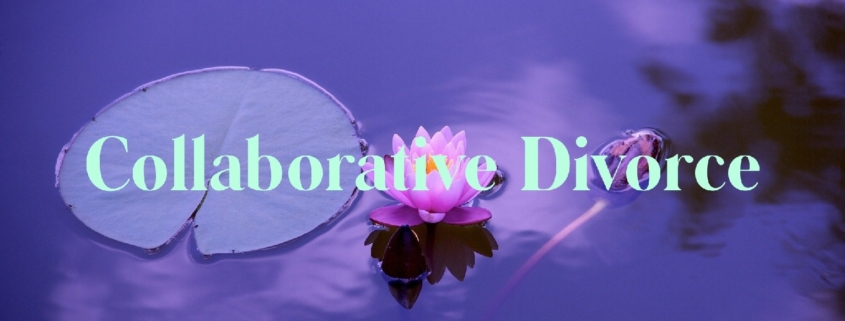Short Video: Collaborative Divorce
Have you heard about Collaborative Divorce? If you are looking for an alternative to the divorce court battles that have plagued Florida’s families, this form of private dispute resolution should be on your list to research.
This short video (less than 3 minutes) lays out the basics of Collaborative Divorce, and you can also find a transcript below:
Collaborative Divorce is one of the options for a divorce. Most people are familiar with the adversarial process, which is Court. But Collaborative Divorce is an option that enables couples to divorce without fighting in court.
The best way to describe how the Collaborative Divorce process works is the story of the orange. The story of the orange goes like this:
There’s one orange and two children. Each child wants the orange. How can we effectively double the orange so that each child gets what they want?
By asking the right questions, we can determine that one child wants the rind of the orange to make icing for cupcakes while the other child wants the juice. In this way, we can essentially double the orange so that each child gets what they want. We can do that same thing for families in the Collaborative Divorce process by asking the right questions.
In a Collaborative Divorce, each client has an attorney so that they have their own advocate to support and advise them in their case. The case is resolved without the fighting, animosity, and long-term emotional and financial damage that court can cause.
At the first joint meeting, the clients state what is important to them and their family, such as for the children to have security and stability or the clients to each have financial security and stability, and for both parents to have a good relationship with the children after the divorce is over.
In most cases, the Collaborative Team includes a financial professional, who assists the couple in gathering the financial information about their assets and their debts and helps them develop their post divorce budgets.
The other member of the Collaborative Divorce Team is a trained mental health professional, but these people do not do therapy. Rather, they help clients develop their parenting plan, if they have children, and they coach the clients on communication techniques that will help them keep the process moving. Communication breakdowns slow the process down, which ends up costing the clients money.
Through a series of joint meetings, which are usually two hours long, the team and the couple will review the financial information and the parenting plan, develop options for the division of their assets and liabilities, and negotiate an agreement that is acceptable to them both.
Finally, the attorneys draft the agreement, and the clients meet one last time to sign the decree. Then it is presented to the judge in a short hearing.
This is the only time that anyone in the case goes to court.
The couple and, if they have children, their entire family is less harmed by the divorce when they take advantage of the Collaborative Divorce process.
For more information about Collaborative Divorce, contact Adam B. Cordover. Learn more about how we can help your family at www.FamilyDiplomacy.com.
Keep in mind that, though the process is called a “Collaborative” Divorce, it is still divorce. Like any divorce, it will be tough, and at times painful. But you will have the support of a team to help you get through it.
Moreover, Collaborative Divorce is a voluntary process, so both you and your spouse must agree to it (we can help coach you on the best technique to help bring your spouse on board). Additionally, either of you can end the process at any time and proceed with new lawyers to use to fight in court. Fortunately, the vast majority of Collaborative Divorce matters end in a full agreement (in my experience, about 90+% of Collaborative Matters I have been involved in have fully resolved).
When considering divorce, do yourself and your family a favor: learn about the Collaborative Divorce option.
Adam B. Cordover is an international thought leader on Collaborative Divorce. He is co-author of an American Bar Association book on the topic, and he has presented on Collaborative Practice to audiences throughout the U.S., Canada, Israel, France, Brazil, and beyond. Adam is the recipient of the Florida Academy of Collaborative Professionals’ inaugural Visionary Award, and he works with families through the State of Florida.





